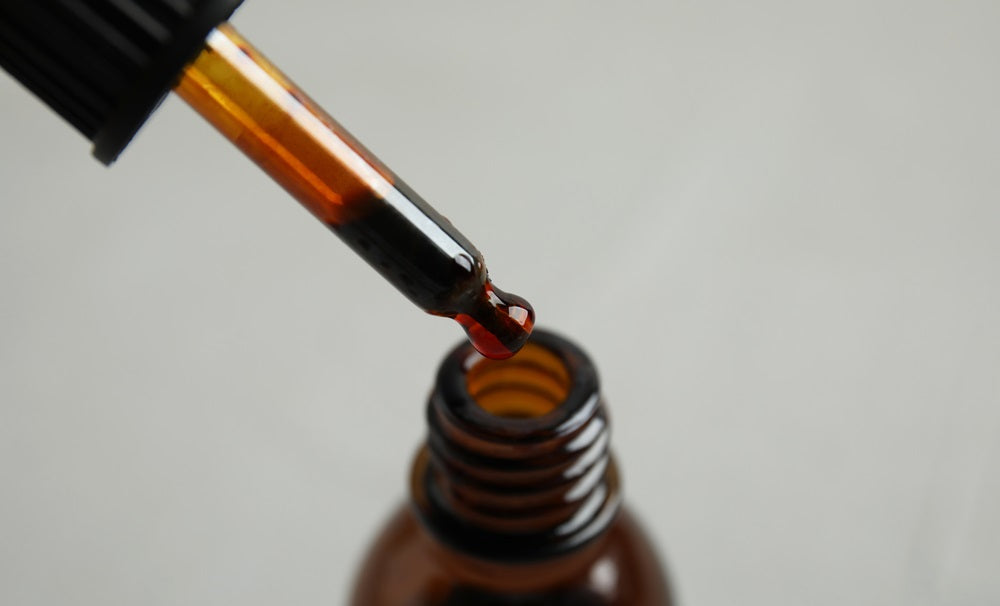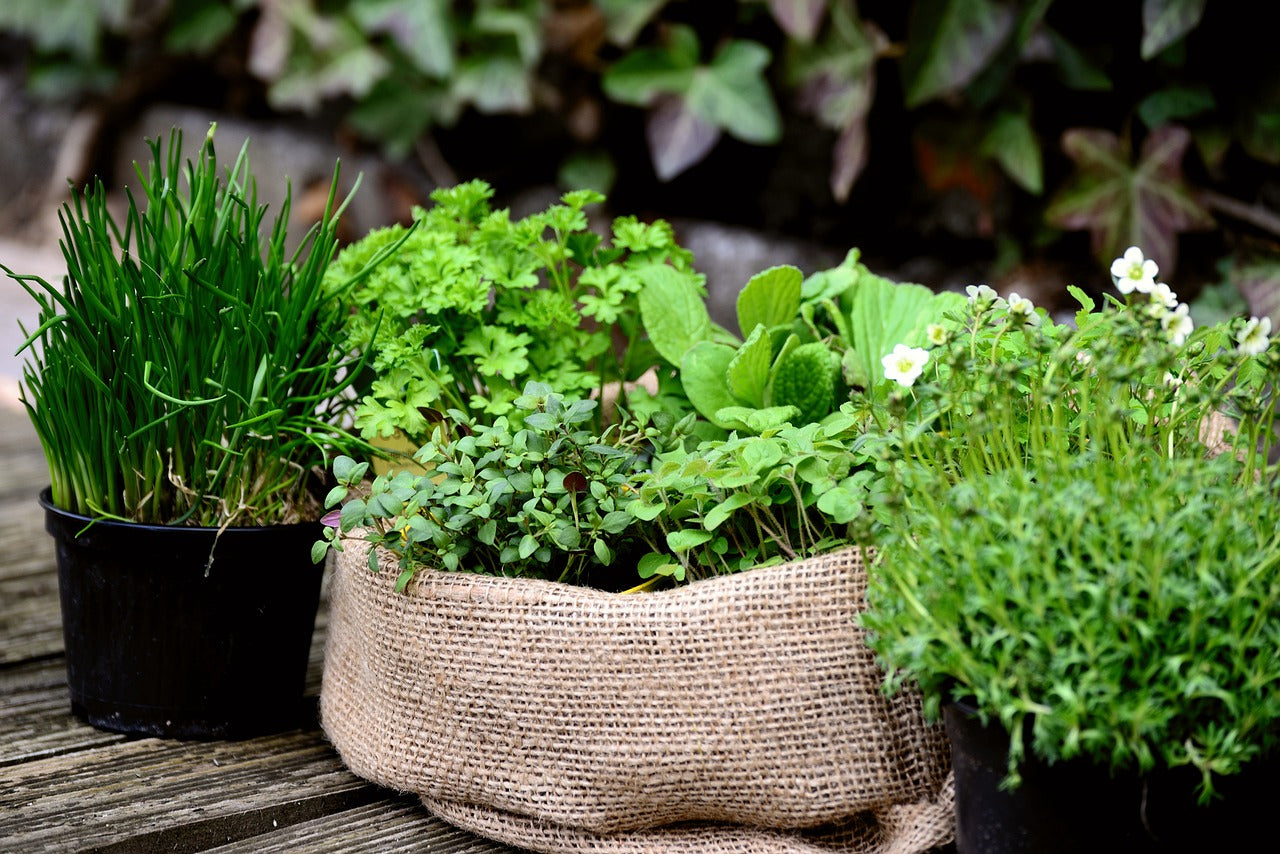Introduction to Gut Health
Gut health is a term that has gained significant traction in recent years, and rightfully so. The gut, or the gastrointestinal tract, is an intricate system that plays a vital role in our overall health. Our gut houses trillions of microorganisms, including bacteria, viruses, and fungi, collectively known as the gut microbiota. These microscopic beings contribute significantly to our digestion, absorption of nutrients, and immune system function. When the gut is in optimal health, it can effectively carry out these functions, and we feel good.
However, our modern lifestyle, especially our diet and stress levels, can disrupt the balance of these microorganisms, leading to poor gut health. The repercussions of an unhealthy gut extend beyond digestion and can impact various bodily functions, from our mood to our risk of chronic diseases. This is why understanding gut health and learning how to cleanse your gut is so crucial.
In this comprehensive guide, we'll delve into the importance of gut health, common signs of an unhealthy gut, the science behind gut cleansing, and detailed steps on how to cleanse your gut. We'll also discuss the role of probiotics and prebiotics, and lifestyle changes you can make to support gut health.
Understanding the Importance of a Healthy Gut
The significance of a healthy gut cannot be overstated. The gut microbiota is involved in various physiological processes. They aid in food digestion, produce vitamins, regulate metabolism, and protect against harmful pathogens. They also play a critical role in the immune system, helping it differentiate between friendly and harmful microorganisms.
Moreover, gut health influences our mental well-being. The gut and brain are intricately connected through the gut-brain axis, a complex bi-directional communication system. The gut microbiota can produce neurotransmitters, the chemicals that transmit signals in the brain. An imbalance in the gut microbiota, known as dysbiosis, can disrupt this communication, contributing to mental health disorders like anxiety and depression.
In essence, a healthy gut is the foundation of overall health and well-being. Maintaining a balanced gut microbiota should be a priority in our quest for optimal health.
Common Signs of an Unhealthy Gut
Understanding how to cleanse your gut begins with recognizing the signs of an unhealthy gut. While these signs can vary among individuals, some common ones include digestive issues like bloating, gas, diarrhea, constipation, and heartburn.
Apart from digestive problems, poor gut health can manifest in several non-digestive symptoms. These include unexplained weight changes, fatigue, skin problems like eczema, autoimmune conditions, and mental health issues like mood swings, anxiety, and depression.
If you're experiencing any of these symptoms, it might be time to pay attention to your gut health. Remember, your gut is like your second brain, and an unhappy gut can lead to an unhappy you.
The Science Behind Gut Cleansing
Gut cleansing, also known as detoxification, is a practice aimed at removing toxins and restoring balance in the gut microbiota. The concept of detoxification has been around for centuries, but modern science has provided us with a deeper understanding of how it works.
When the gut microbiota is disrupted, harmful bacteria, yeast, and parasites can overgrow, producing toxins that damage the gut lining. This damage, known as leaky gut syndrome, allows toxins and partially digested food to leak into the bloodstream, triggering inflammation and various health problems.
Gut cleansing involves adopting a specific diet and lifestyle practices that help eliminate these toxins and restore the gut lining. This process supports the growth of beneficial bacteria, promoting balance in the gut microbiota and improving overall gut health.
Detailed Guide: How to Cleanse Your Gut
Now that you have a basic understanding of gut health and the importance of a gut cleanse, let's delve into the details of how to cleanse your gut. It's important to note that while the process may seem daunting, with a little planning and commitment, it's entirely achievable.
First, you need to eliminate foods that can harm your gut health. These include processed foods, sugar, alcohol, caffeine, and certain types of fats. Instead, focus on consuming nutrient-dense, whole foods that nourish your gut.
Second, stay hydrated. Drinking plenty of water supports digestion, helps remove toxins, and maintains the gut lining.
Third, consider taking supplements, specifically probiotics and prebiotics. These can help replenish your gut with beneficial bacteria and provide them with the necessary nutrients to thrive.
Lastly, prioritize stress management and quality sleep. Both are essential for maintaining a healthy gut.
Foods to Include in Your Gut Cleanse Diet
A gut cleanse diet should be rich in fiber, lean protein, healthy fats, and a wide variety of fruits and vegetables. High-fiber foods like whole grains, beans, lentils, fruits, and vegetables are excellent for gut health as they serve as food for the beneficial bacteria in your gut.
Lean proteins, such as chicken, turkey, fish, and tofu, are easier to digest and less likely to cause inflammation compared to red and processed meats.
Healthy fats, particularly omega-3 fatty acids found in fatty fish, walnuts, chia seeds, and flaxseeds, have anti-inflammatory properties that can help heal the gut.
Fruits and vegetables are packed with antioxidants that help protect the gut from damage. They also provide a wide range of nutrients that support overall health.
Foods to Avoid During Your Gut Cleanse
While it's crucial to know what to include in your gut cleanse diet, it's equally important to know what to avoid. Processed foods, sugar, alcohol, and caffeine can disrupt the gut microbiota and should be avoided. Processed foods often contain additives and preservatives that can harm the gut lining.
Sugar, especially refined sugar, feeds harmful bacteria and yeast in the gut, promoting their overgrowth. Alcohol and caffeine can irritate the gut lining and disrupt the balance of the gut microbiota.
The Role of Probiotics and Prebiotics in Gut Health
Probiotics and prebiotics play a crucial role in gut health. Probiotics are beneficial bacteria that help balance the gut microbiota. They can be found in fermented foods like yogurt, kefir, sauerkraut, and kimchi, or taken as supplements.
Prebiotics, on the other hand, are non-digestible fibers that serve as food for probiotics. They help probiotics thrive and carry out their functions effectively. Prebiotics can be found in foods like bananas, onions, garlic, asparagus, and whole grains.
Including both probiotics and prebiotics in your diet can significantly support your gut health and cleanse efforts.
Lifestyle Changes to Support Gut Health
Beyond diet, there are several lifestyle changes you can make to support gut health. Regular exercise, for instance, can promote gut health by reducing inflammation and promoting the diversity of the gut microbiota.
Stress management is also crucial. Chronic stress can disrupt the gut microbiota and impair digestion.
Lastly, prioritize quality sleep. The gut and the brain are closely linked, and poor sleep can disrupt the gut microbiota. Aim for 7-9 hours of quality sleep each night to support your gut health.
Conclusion: Maintaining Gut Health After Cleansing
Mastering the art of gut health doesn't end with a cleanse; it's about embracing a lifestyle that supports gut health in the long term. This involves maintaining a balanced diet, staying hydrated, managing stress, getting regular exercise, and ensuring quality sleep.
Remember, your gut health is integral to your overall health. By taking care of your gut, you're taking care of your entire being. So, start your journey towards a healthier gut today and experience the transformative effects on your health and well-being.


